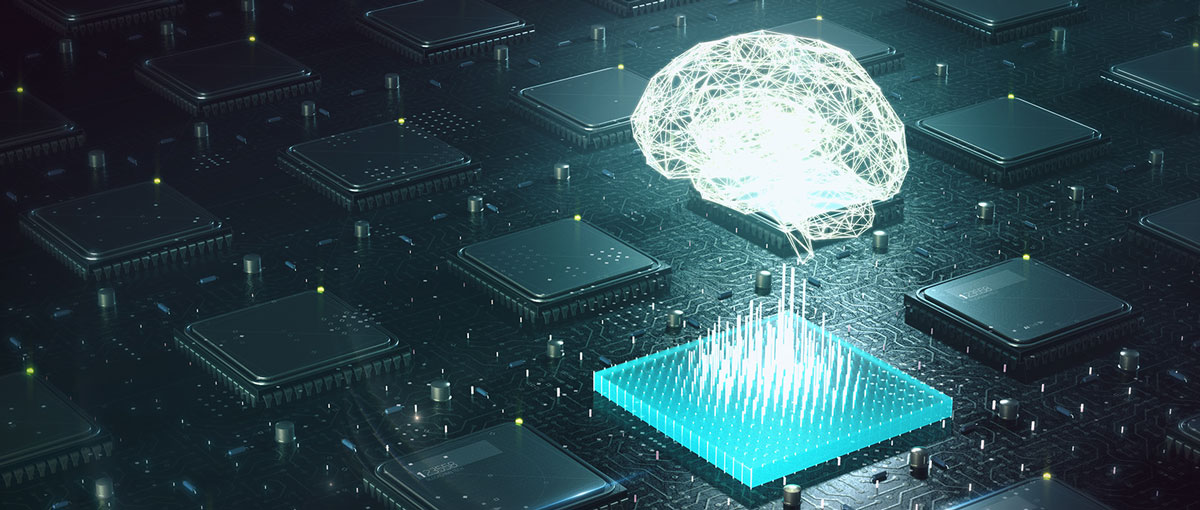Artificial Intelligence FLEXA
What Jobs Will Survive Artificial Intelligence?

“We want to bring intelligence to everything, to everywhere, and for everyone”. The person who said it is Satya Nadella, CEO of Microsoft, the company that recently launched the “Zo” chatbot that can construct sophisticated human-machine dialogues. And it’s through Microsoft artificial intelligence (AI) instruments that the School of Management of the Politecnico di Milano developed FLEXA, an innovative and revolutionary digital platform of personalized and continuous learning, a digital mentor able to identify and select specific contents, useful for the path of study of each user.
«This project, but the idea applies to Artificial Intelligence in general, began from an awareness: we had identified certain needs and technology could help us to satisfy them – says Federico Frattini, Associate Dean of Digital Transformation at MIP Politecnico di Milano and creator of FLEXA –. Specifically, our Masters students wanted to know each other better, also from a comparative point of view, to then pursue ad hoc training programmes, while our alumni, our former students, asked us for effective continuous learning solutions. We reasoned on the basis of these inputs and the result was FLEXA: on this platform it’s possible to carry out an assessment of one’s soft, hard and digital skills and declare one’s career ambitions; once all this information is processed, FLEXA provides all the indications to fill these skill gaps through events, courses and training programmes on the basis of the needs indicated. And it doesn’t only provide contents from Politecnico di Milano: we have agreements with Gartner, New York Times, Financial Times, MIT and many other prestigious groups. With FLEXA, it will also be possible to have a mentor recommended, create a matching system with startups and companies, create new contents».
One of the points on which the debate is understandably most heated involves the impact artificial intelligence will have on employment. In addition to more mechanical and repetitive jobs, such as those carried out by assembly line workers and, as already mentioned, driving cars and some activities in restaurants and supermarkets, automation is also entering the field of services. According to some studies, for example, by 2030 there will no longer be “human” call centres, while in Japan many robots are already operational in assisting the elderly.
On the other hand, artificial intelligence has limits that in many cases prevent it from substituting human jobs. At the same time, the role technology can play in supporting and strengthening humans in carrying out some higher-skill activities may be underrated. The renowned Chinese artificial expert Kai-Fu Lee, a businessman involved in this very sector and the author of the recent book AI Superpowers: China, Silicon Valley, and the New World Order, identifies four weaknesses of AI for work performance:
- AI cannot create, conceptualize or manage complex strategic planning;
- AI cannot accomplish complex work that requires precise hand-eye coordination;
- AI cannot deal with unknown and unstructured spaces, especially ones that it hasn’t observed;
- AI cannot, unlike humans, feel or interact with empathy and compassion; therefore, it is unlikely that humans would opt for interacting with an apathetic robot for traditional communication services.
Given this premise, Kai-Fu Lee draws up a list of ten professions that will be immune from the robotic invasion, at least in the next 15 years: psychiatry, physical therapy, medicine, AI-related research and engineering, fiction writing, teaching, law, computer science and engineering, science, and management. In all these professions AI can be of help, but only in a collaborative sense for the management of certain technical details.
“There’s no doubt that the AI revolution will require readjustments and a great deal of sacrifice” affirms Kai-Fu Lee, “but despairing rather than preparing for what’s come is unproductive and, perhaps, even reckless”.
And then he concludes: “We must remember that our human knack for compassion and empathy is going to be a valuable asset in the future workforce, and that jobs hinged on care, creativity, and education, will remain vital to our society”.
«I believe that the best way to approach artificial intelligence is to tie it in with theories explaining innovation and entrepreneurship – says Federico Frattini –. We can define it as an accelerator of processes of creative destruction determined by digital innovation, taking inspiration from what the Austrian economist Joseph Schumpeter said about the big changes that had an impact on the economy and on society: new opportunities are created, new companies and new professions are created, others evolve and still others, inevitably, disappear. We certainly can’t oppose the creative forces that have changed society over the centuries».





